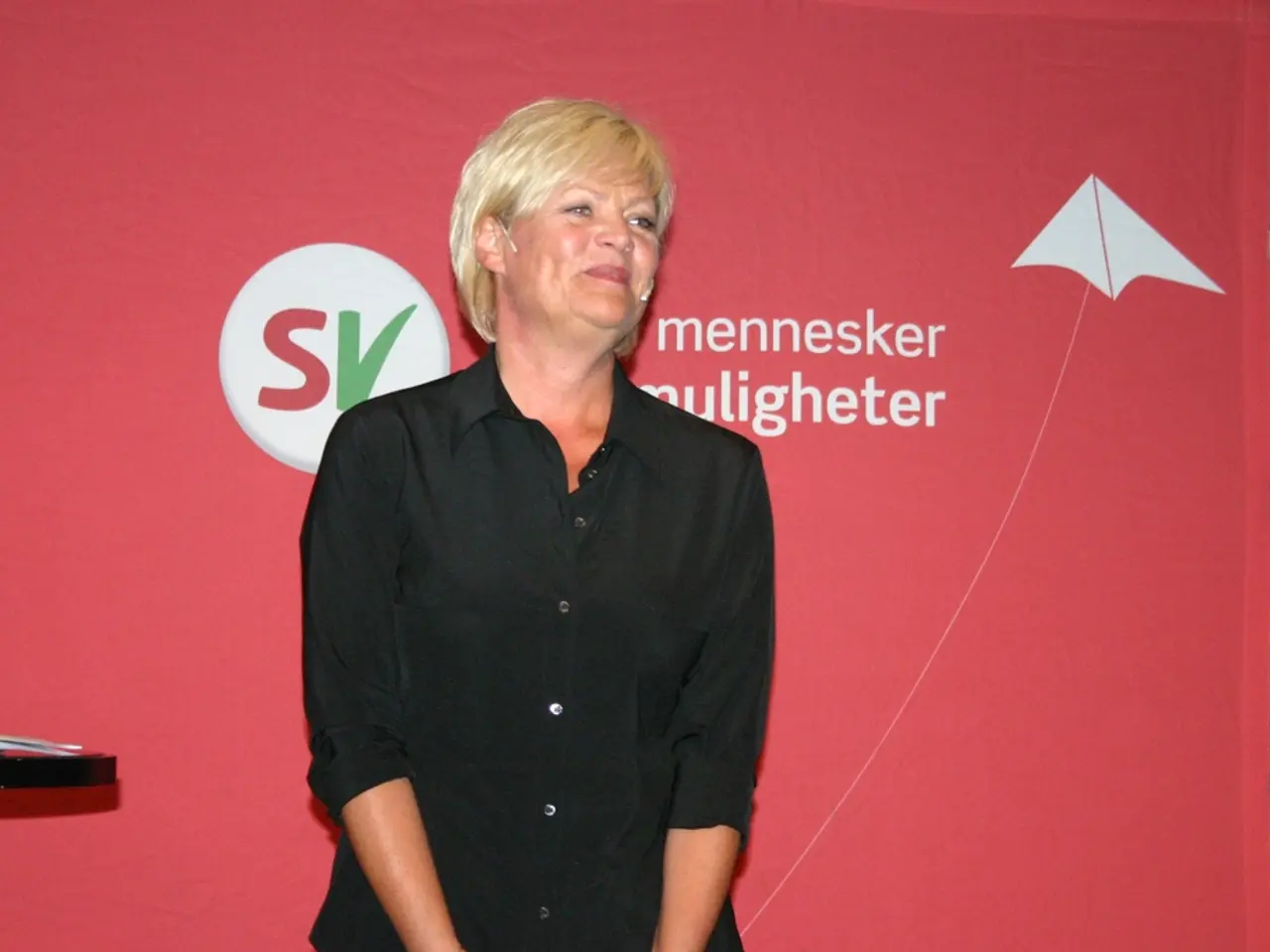European Union-Georgia Relations Report on Georgia
Foreign Affairs Committee of the European Parliament Approves Amended Report on Georgia in Draft Form
Let's dive into the current state of EU-Georgia relations, shall we? Here's the lowdown:
Insights into EU-Georgia Relations
- Financial Aid and EU Support: The European Union doles out a whopping €85 million annually in grant assistance to better the lives of Georgian citizens. Yet, the European Commission has withheld a sizeable €121.3 million from the 2023-2024 budget due to democratic backsliding issues [1].
- Visa Facilitation Agreement: In response to Georgia's enactment of the controversial "foreign influence" law, the EU suspended portions of the visa facilitation agreement for Georgian diplomats and officials, back in January 2025 [2].
- Candidate Status: Georgia earned candidate status from the EU in Dec 2023, but the membership application process took a pause indefinitely, owing to that pesky "foreign influence" law. The Georgian government isn't planning to resume accession negotiations until 2028 [3][2].
- Democracy and Human Rights: EU has raised concerns about Georgia's democratic backsliding, complete with violent crackdowns on protests and increasing autocratization of the administration. However, there have been encouraging signs of a detente, with Georgian PM Irakli Kobakhidze talking turkey with European leaders at the Tirana summit [4][5].
- Dialogue and Engagement: The European Parliament's Foreign Affairs Committee has passed a draft report on Georgia, which outlined amendments, demonstrating ongoing dialogue and involvement [3]. Despite this, the EU's power to impose sanctions on Georgian officials has been limited by Hungary's veto power [5].
Latest Developments
- Strategic Significance: Georgia's geopolitical significance for Europe has been emphasized by PM Kobakhidze, who underscored the necessity of dialogue and engagement between Georgia and the EU [4].
- Civil Society and Opposition: The Resistance Platform, backed by President Salome Zourabichvili and opposition parties, has demanded a cohesive EU policy regarding the crisis in Georgia [5].
The big picture remains complex, given the ongoing political tensions and human rights concerns. The European Union has passed a report with amendments that indicate continuous engagement with Georgia. Nonetheless, a few challenges persist in Georgia's journey toward European integration.
- Ongoing migration rates from conflict-ridden regions of Georgia might escalate due to democratic backsliding and prolonged political tensions.
- The EU's policy and legislation towards Georgia could see a shift as general news concerning war-and-conflicts and human rights violations continues to surface.
- Amidst the EU-Georgia standoff, debate about sports betting and European leagues, such as the premier league and champions league, has shifted to the back burner.
- Car-accidents, fires, and crime-and-justice issues have been on the rise in Georgia, requiring immediate action from both the EU and Georgia's domestic authorities.
- The Resistance Platform, consisting of civil society and opposition members, urges the EU to adopt a cohesive policy-and-legislation approach to tackle Georgia's intricate political landscape.
- The geopolitical significance of Georgia extends beyond sports ventures, with its strategic importance for Europe highlighted by the Prime Minister.
- As the EU-Georgia relations evolve, the European Parliament's continued involvement in policy discussions could lead to amendments in sports policies, such as regulations for football clubs and the conclusion of international agreements.








